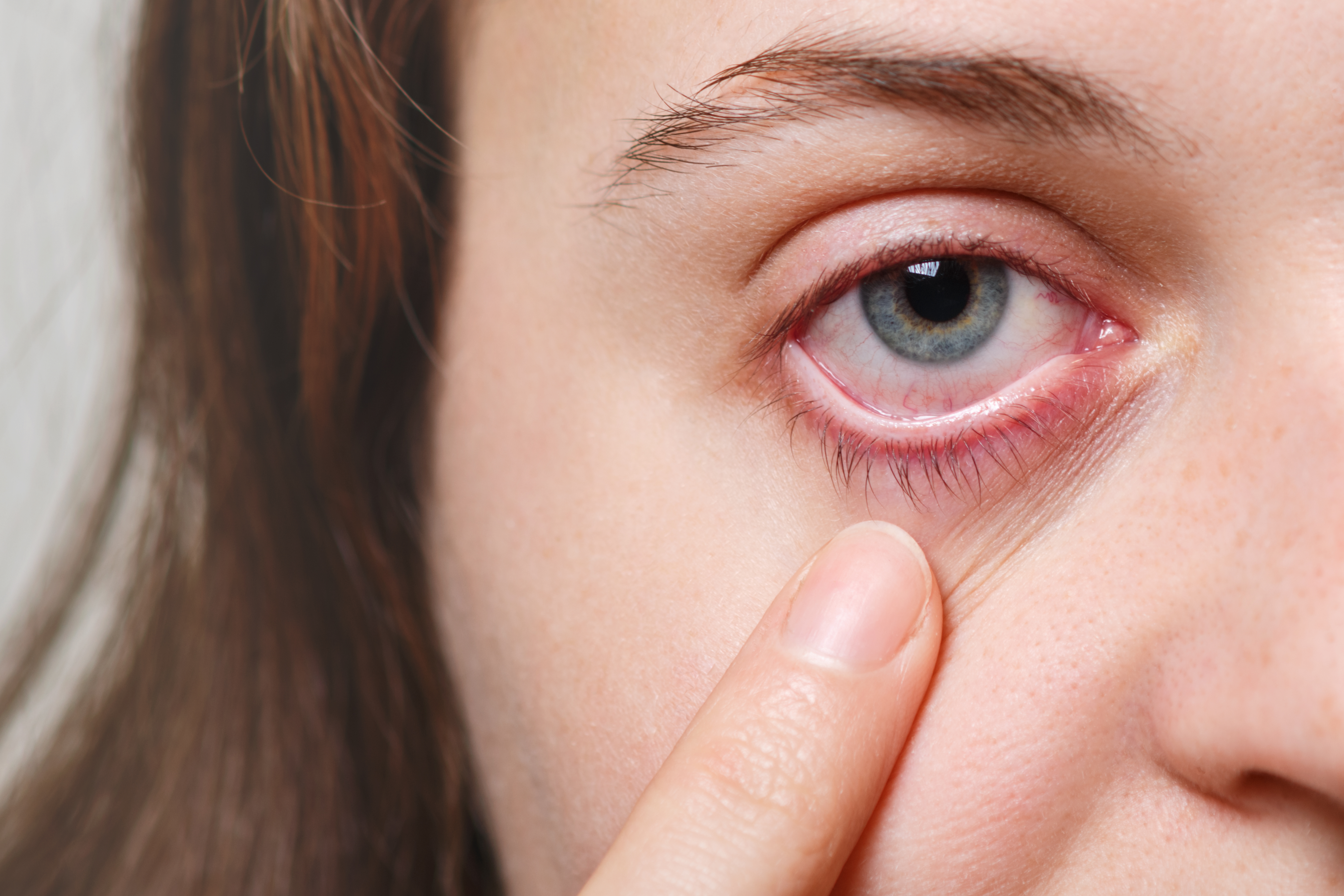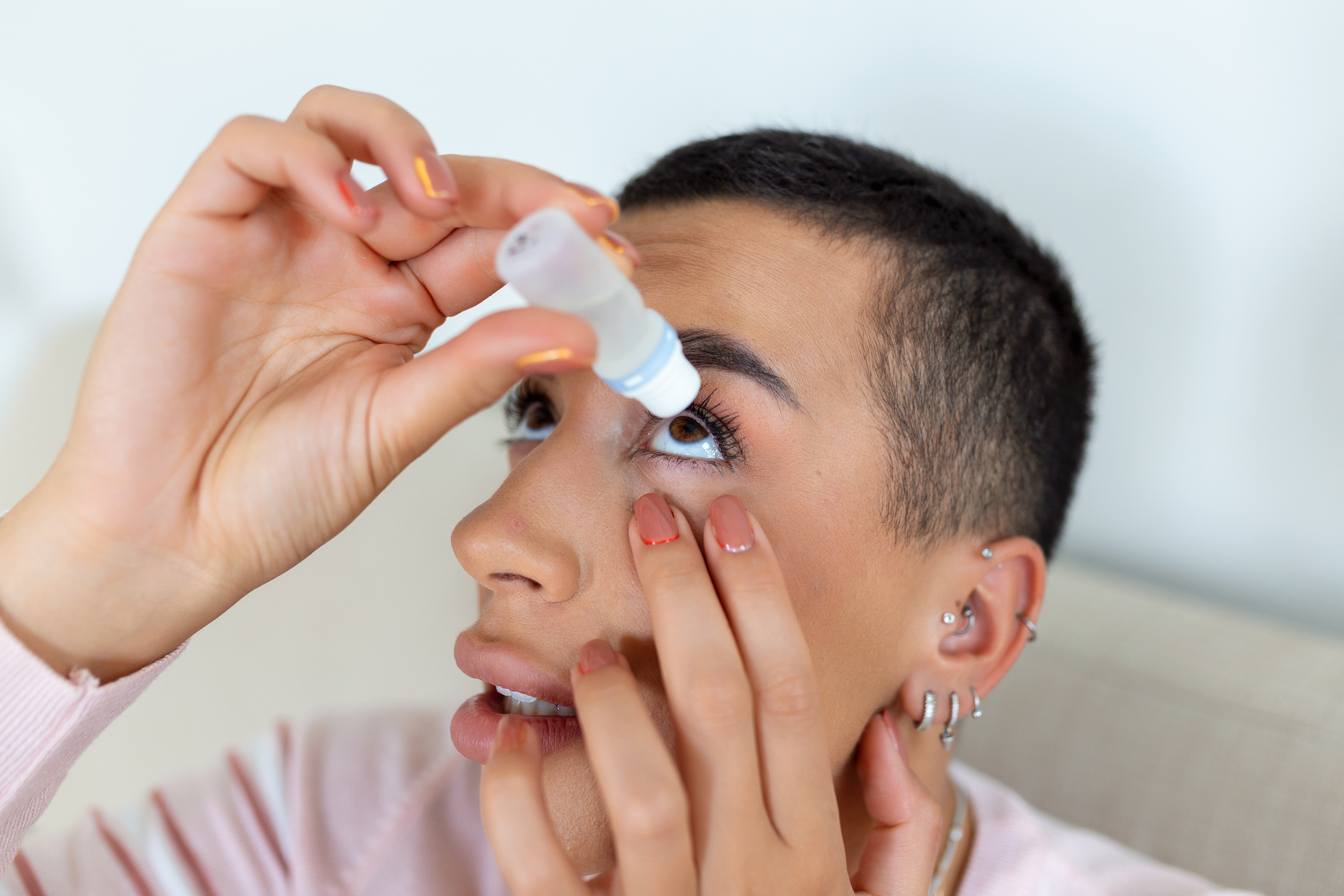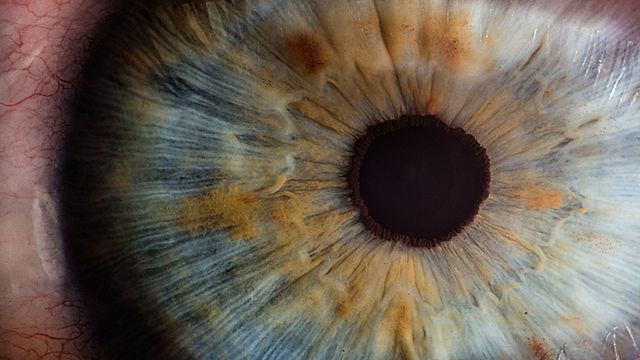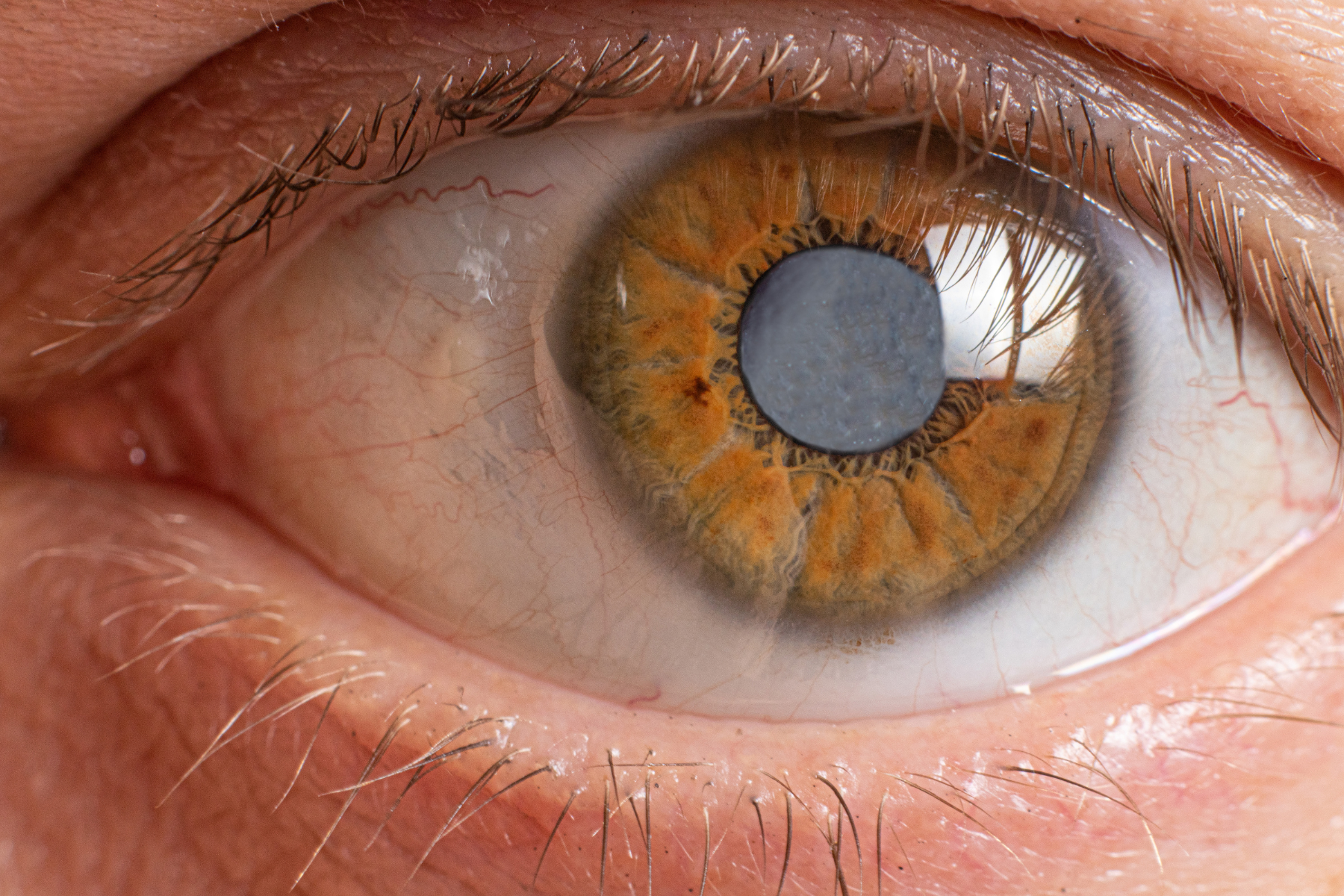 LynbrookOptical
LynbrookOpticalMenu
Red Eyes
Tue Nov 28 2023Seeing Red? What You Need to Know About Red Eyes and How to Prevent Them
RED EYES are a common problem that can affect anyone at any time. While they may not always be a cause for concern, red eyes can be a sign of an underlying health issue[1]. In this article, we will explore what red eyes are, what causes them, when to seek medical attention, and how to prevent them.
What can Cause Red Eyes?
Red eyes occur when the blood vessels in the eye become swollen or dilated, causing the white part of the eye (sclera) to turn red[2]. This can happen for a variety of reasons, including allergies, infections, dryness, irritants, fatigue, eye injury, and chronic conditions[3].
Allergies are among the most frequent reasons for red eyes. Allergic reactions can cause the eyes to become itchy, watery, and swollen. Allergies can be triggered by a variety of things, including pollen, dust, pet dander, and certain foods.
Conjunctivitis caused by a bacterial, viral or fungal infection can cause red eyes. Typically, along with red eyes you will also experience, pain, swelling and discharge from the eyes if you have an eye infection.
Dryness can also cause red eyes. When the eyes are dry, they can become irritated and red. This is often caused by environmental factors, such as air conditioning or heating, wind, or smoke.
Irritants, such as smoke or chemicals, can also cause red eyes. When the eyes are exposed to irritants, they can become inflamed and red.
Fatigue is another common cause of red eyes. When we are tired, our eyes can become strained and dry, which can cause them to become red.
Eye injuries can also cause red eyes. When the eye is injured, it can become red, swollen, and painful.
Chronic conditions, such as glaucoma or uveitis, can also cause red eyes. These conditions require medical attention, and it is important to seek treatment if you suspect you may be suffering from a chronic condition.

When is a Red Eye Serious?
In most cases, red eyes are not serious and will clear up on their own within a few days. However, there are some instances where a red eye may be a sign of a more serious condition.
If you experience any of the following symptoms in addition to red eyes, it is important to seek medical attention asap:
- Severe pain
- Vision changes
- Eye discharge
- Sensitivity to light
- Swelling of the eye or eyelid
- Headache
- Nausea or vomiting
How Long Do Red Eyes Last?
The length of time that red eyes last depends on the cause. In most cases, red eyes will clear up on their own within a few days. If the redness is caused by an infection or injury, it may take longer to clear up.
If your red eyes are caused by allergies or dry eyes, you may need to avoid the allergen, take regular breaks from screens, or take medication to reduce the symptoms. These types of red eyes can persist for weeks or months and may require professional assessment and treatment.
Diagnosis and Treatment
If you are experiencing red eyes, it is important to seek medical attention to determine the underlying cause. Your doctor may perform an eye exam or order tests to determine the cause of your red eyes.
Treatment for red eyes depends on the underlying cause. If your red eyes are caused by allergies, your doctor may recommend antihistamines or other medications to reduce the symptoms. If your red eyes are caused by an infection, your doctor may prescribe antibiotics or antiviral medication.
If your red eyes are caused by dryness or fatigue, your doctor may recommend lubricating eye drops or ointments, and advise you to take regular breaks and rest your eyes.
In some cases, home remedies may be helpful in reducing the symptoms of red eyes. Applying a warm compress to the affected eye can help reduce inflammation and promote healing. You can also try using over-the-counter eye drops or artificial tears to lubricate your eyes.
It is important to note that some eye drops or medications may worsen the symptoms of certain conditions. Therefore, it is essential to consult your doctor before using any medication or home remedy.

Preventing Red Eyes
Preventing red eyes can be as simple as taking care of your eyes. Here are some tips for preventing red eyes:
- Practice good eye hygiene: Wash your hands before touching your eyes and avoid touching or rubbing your eyes.
- Protect your eyes: Wear protective eyewear when playing sports, using power tools or doing other activities that could result in eye injury.
- Take breaks: If you spend a lot of time looking at a computer or phone screen, take regular breaks to rest your eyes.
- Keep your eyes lubricated: Use artificial tears or lubricating eye drops to keep your eyes moist and prevent dryness.
- Avoid irritants: Stay away from smoke, dust, and other irritants that can cause red eyes.
- Manage your allergies: Take steps to manage your allergies, such as avoiding allergens and taking allergy medication as directed.
By following these tips, you can help prevent red eyes and keep your eyes healthy.
In conclusion, red eyes are a common problem that can be caused by a variety of factors, including allergies, infections, dryness, irritants, fatigue, eye injury, and chronic conditions. While most cases of red eyes are not serious, it is important to seek medical attention if you experience severe pain, vision changes, eye discharge, sensitivity to light, swelling of the eye or eyelid, headache, nausea or vomiting.
Preventing red eyes is important for maintaining healthy eyes. By practicing good eye hygiene, protecting your eyes, taking breaks, keeping your eyes lubricated, avoiding irritants, and managing your allergies, you can help prevent red eyes.
Don't ignore the signs of red eyes. If you are experiencing red eyes or other eye-related issues, you can book an appointment with our optometrist for proper diagnosis and treatment or call us at 613-9702-9118.





